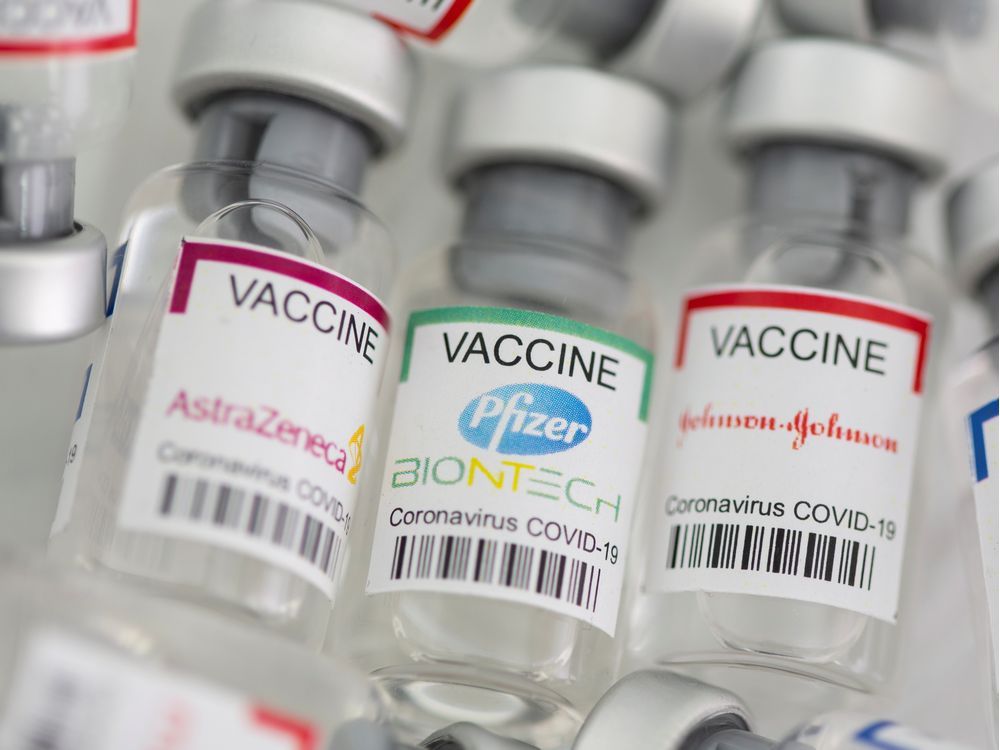By Kevin Connor
Burial costs will now be covered by Ottawa for individuals killed by federally approved vaccines.
According to Blacklock’s Reporter, the department of health will pick up the tab and says the new program “addresses a longstanding gap in Canada’s national immunization programming by providing a timely, no-fault financial support mechanism for all people in Canada, in rare instances where they are seriously and permanently injured performing a public good, being immunized.”
A briefing note from the department says vaccine injuries are rare but do happen.
“The program will provide death benefits and support for funeral expenses in the rare case of a death as a result of having received a Health Canada authorized vaccine,” said the note Vaccine Injury Support Program.
The department has budgeted $75 million for all claims but said it was unclear how many submissions there could be. Management of the program is contracted to RCGT Consulting.
“In the rare event a person in Canada is seriously and permanently injured as a result of vaccination, they should be fairly supported,” wrote department staff. “The Vaccine Injury Support Program provides financial support to individuals who are seriously and permanently injured due to vaccination with a Health Canada authorized vaccine.”
Canada’s COVID-19 health experts admit there are unknown long-term effects of vaccines, but they provide another layer of protection.
Dr. Theresa Tam, chief public health officer, said she has always been realistic about vaccines.
“We have never said the vaccine was going to be a 100% effective. But people pick at that concept for unrealistic expectations. So, we have to go out there and set some expectations,” she said, adding the pandemic has been stressful and that “everyone is an armchair epidemiologist.”
“It does actually help when the public realizes what our job is as opposed to decision makers, how much pressure we’re under,” Tam said.
“Not everybody likes what we say. We’re resigned to that,” said Tam. “There are a lot of people who will tell me I’m not doing the right thing – too fast, too slow, too soon, too much, you know. But I don’t make decisions singularly.”
Vaccine risks are rare, Dr. Supirya Sharma, senior medical advisor for the health department, said last year.
“The benefits outweigh the potential risks, but it is still a drug and still a vaccine and there are potential risks even if they’re rare,” Sharma said. “That’s why we continue to monitor it.”





